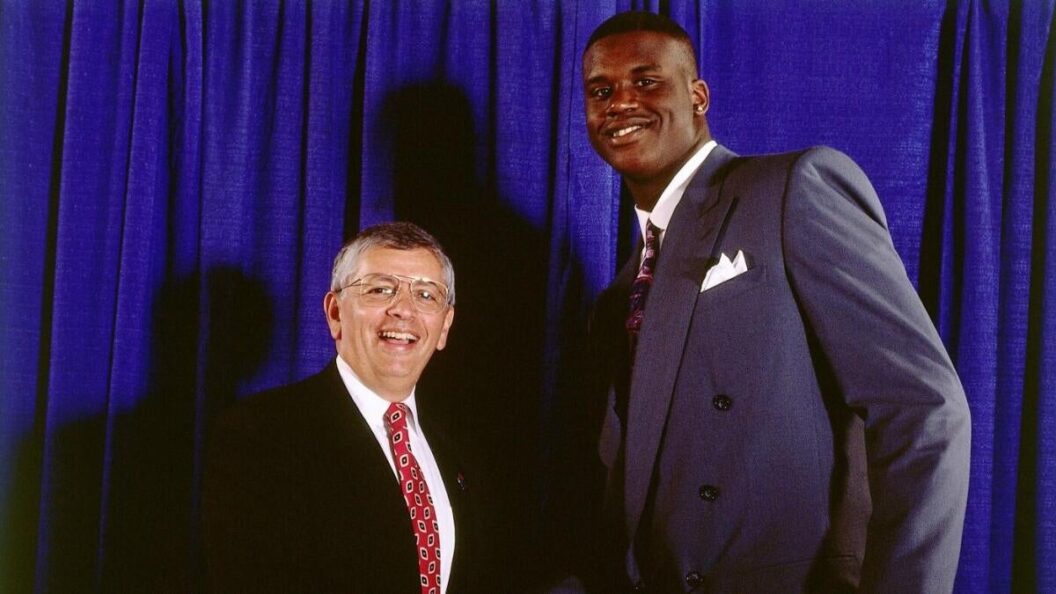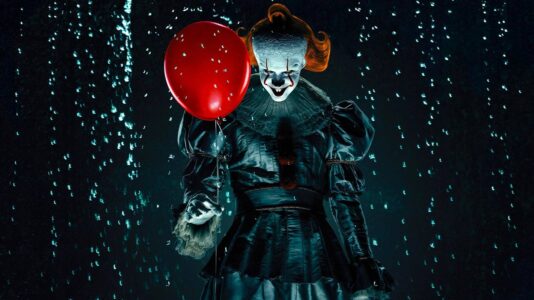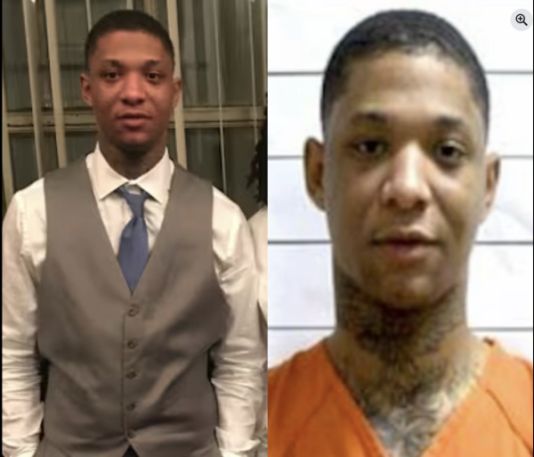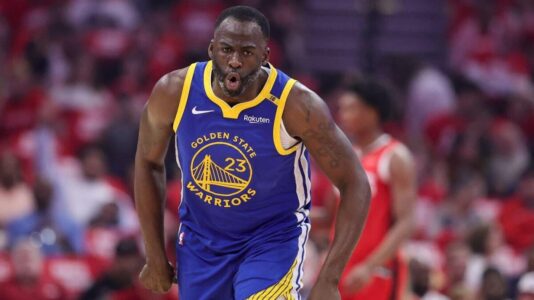Shaquille O’Neal Sparks NBA Lottery Conspiracy Theories
Former NBA star Shaquille O’Neal has reignited discussions surrounding the legitimacy of the NBA Draft Lottery, sharing insights from a conversation he had with former NBA Commissioner David Stern prior to the 1992 draft. O’Neal, the first overall pick that year, revealed that Stern posed an intriguing question regarding O’Neal’s future team location, hinting at a potential influence over the draft outcomes.
Context of the 1992 NBA Draft Lottery
O’Neal’s selection by the Orlando Magic has long been a focal point in discussions about how player selections can be swayed by various factors, including perceived lottery outcomes. During his appearance on Ashley Nevel’s podcast, O’Neal recalled how Stern asked him whether he preferred to play in a "cold" or "hot" location, indicating his preference for warmer climates, a response that sparked curiosity. This conversation, occurring three months prior to the draft, has led to renewed scrutiny about the NBA’s draft processes.
Controversial Outcomes Connecting to O’Neal’s Claims
Continuing to fuel chatter around the lottery, O’Neal expressed skepticism regarding recent outcomes, particularly referencing the Dallas Mavericks winning the draft lottery after a turbulent season that entailed trading superstar Anthony Davis. "It’s very interesting how it all played out," O’Neal remarked, suggesting that situations within the league could lend credence to conspiracy theories surrounding draft decisions.
Historically, the lottery has been embroiled in controversy, most notably with the New York Knicks winning the 1985 lottery which allowed them to select Patrick Ewing. This pick significantly altered the trajectory of the franchise, although they have yet to secure an NBA championship with Ewing.
Historical Context and Controversies
O’Neal himself benefited from a contentious moment in NBA playoff history during the 2002 Western Conference Finals against the Sacramento Kings. Many fans and analysts noted that several questionable calls favored the Los Angeles Lakers, ultimately allowing them to advance to the NBA Finals and secure a championship.
While O’Neal’s recent comments have piqued interest, it is crucial to consider that speculation such as his could merely represent his personality as a player known for embellishing stories. This limitation is underscored by the fact that Stern, who could have offered his perspective on the matter, passed away in 2020.
Implications of O’Neal’s Comments
O’Neal’s remarks have undoubtedly stirred a conversation about the integrity of the NBA draft process, prompting both supporters and skeptics to reevaluate how the league operates. His ability to draw attention to such issues reflects the broader concerns among fans about fairness in sports.
Whether or not conspiracy theories hold any truth, the resulting discourse creates opportunities for transparency and accountability within the league, urging the NBA to address any perceptions of impropriety.
Conclusion: Significance of O’Neal’s Remarks
O’Neal’s anecdotal evidence serves as a springboard for renewed debate over the NBA draft lottery’s integrity. As the league navigates its evolving narrative, the discussions surrounding fairness, decision-making, and systemic trust will likely continue, influencing public perception and future policy. As such, O’Neal’s influence extends beyond his on-court achievements, impacting dialogues around the governance and operational framework of professional sports.









